Halina Prugar-Ketling
出生 : 1929-03-26, Warsaw, Poland

Editor

Editor
The esteemed transplantologist is the victim of a conspiracy of his colleagues, as a result of which his brain is transplanted into a pig.
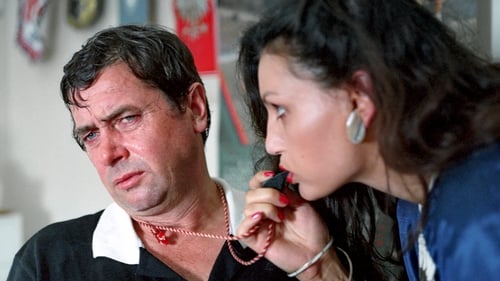
Editor
A comical behind the scenes look at the Polish Football League where everybody involved including the clubs’ management, players, and referees are trying to get some.

Editor
Russia, 1870. A group of young anarchist revolutionaries set out to overthrow the Czarist regime through violence. Their attacks create a climate of psychosis and mutual distrust among the population, but in reality, both revolutionaries and repressors are being manipulated by a diabolical individual.

Editor
Set in the summer months preceding the September 1939 outbreak of World War II in Polish part of Lithuania. A young highschool lad, Witek, is hoping to pass the entrance exams to the university. His love interest is Alina, his high-school colleague.

Editor
A Pole who spent time in an internment camp during the war on the Swiss-German border, visits the site many years later and recalls these days. He meets with other Poles confined in the same camp, including several women, in whose he had romantic interests.

Editor
In May of 1983, a man turns 49 and, with his 17-year old son, journeys to the village in Baden that he left 40 years before. He wants to discover what happened then, the truth about an affair his mother had with a young Polish prisoner of war, how the authorities came to learn of it, the lovers' arrest, and the aftermath. While his son takes Polaroid photographs, he retraces the steps of his childhood and interviews those who should remember. The story is disclosed in flashbacks that focus on the lovers (Paulina and Stanislaus), on a jealous and conniving neighbor, and on Mayer, the local SS commander who wants to find a way out of inevitable consequences.
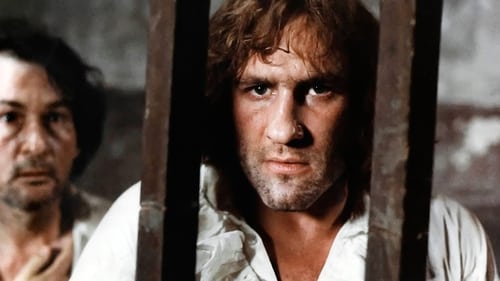
Editor
Danton and Robespierre were close friends and fought together in the French Revolution, but by 1793 Robespierre was France's ruler, determined to wipe out opposition with a series of mass executions that became known as the Reign of Terror. Danton, well known as a spokesman of the people, had been living in relative solitude in the French countryside, but he returned to Paris to challenge Robespierre's violent rule and call for the people to demand their rights. Robespierre, however, could not accept such a challenge, even from a friend and colleague, and he blocked out a plan for the capture and execution of Danton and his allies.
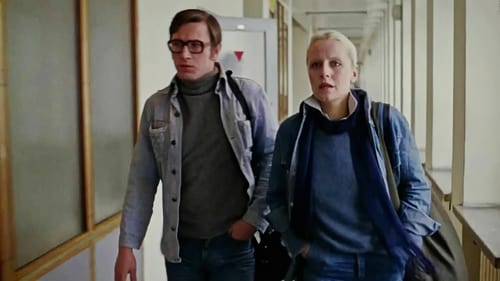
Editor
In Warsaw in 1980, the Communist Party sends Winkel, a weak, alcoholic TV hack, to Gdansk to dig up dirt on the shipyard strikers, particularly on Maciek Tomczyk, an articulate worker whose father was killed in the December 1970 protests. Posing as sympathetic, Winkel interviews the people surrounding Tomczyk, including his detained wife, Agnieszka.
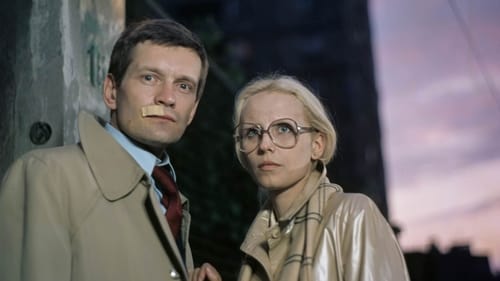
Editor
A violinist in a provincial Polish orchestra, whose husband is the director of the ensemble, on a visit to the US ties up with the world- renowned symphony conductor. As it turns out he was once in love with violinist's mother. The conductor, a slightly unstable hypochondriac, returns to Poland to lead the provincial orchestra. He also tries to revive old love affair using the violinist as a surrogate of her mother. Her husband is resentful of the conductor for both personal and professional reasons.
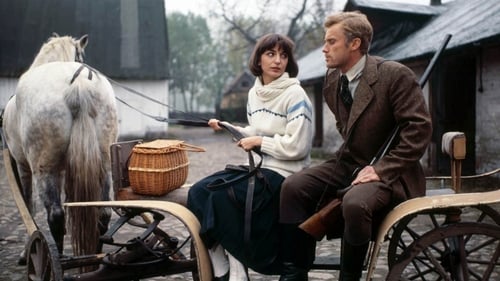
Editor
Set in the late '20s. A thirtyish young man, who heads a small factory, faints at the funeral of a close friend. He decides to go home to his aunt and uncle for a while, but gets involved with a family of five women who had been in love with him at one time though he had apparently loved only one, who, unknown to him, has died since his departure. The women are mainly disillusioned with life or estranged from husbands while the youngest has a crush on him.
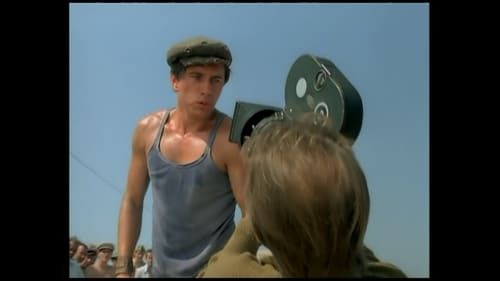
Editor
Man of Marble is a Polish film about a student making a film about a bricklayer who was once idolized. She interviews people who knew him and finds old footage that lead to an unfolding mystery that causes her producer to cancel the project.
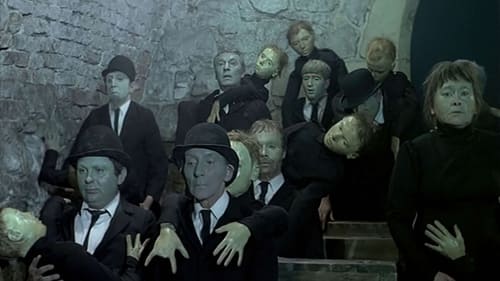
Editor
The Dead Class (1975), by Tadeusz Kantor and the Cricot 2 company, is considered one of the most innovative and influential works of twentieth-century theatre. The breakthrough first version of the production - performed to great critical acclaim, but only rarely seen live by audiences outside Poland - was documented on film in 1976 by the Oscar-winning director Andrzej Wajda.
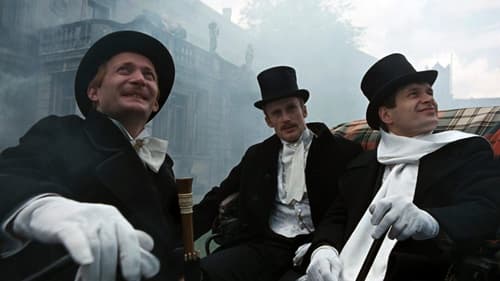
Editor
The Polish film based on the book of the same name by Wladyslaw Reymont. Taking place in the nineteenth century town of Łódź, Poland, three friends want to make a lot of money by building and investing in a textile factory. An exceptional portrait of rapid industrial expansion shown through the eyes of one Polish town.

Editor
Two young men from a town near Lodz attack and rob a taxi driver, hoping he will have a lot of cash. Wanted by the Militia, they run away through Poland.
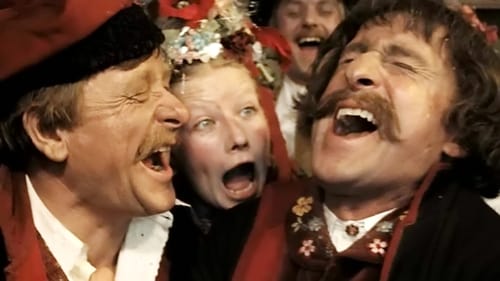
Editor
Set at the turn of the century, the story concerns a Polish poet living in Cracow who has decided to marry a peasant girl. The wedding is attended by a heterogenous group of people from all strata of Polish society, who dance, get drunk and lament Poland's 100-year-long division under Russia, Prussia, and Austria. The bridegroom, a painter friend, and a journalist each in turn is confronted with spectres of Polish past. In the end a call to arms is called but turns out to be a hoax.
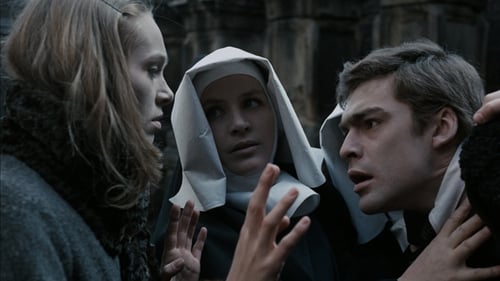
Editor
Set during the Nazi occupation of Poland, in which Michal witnesses the murder of his mother, wife and child. He is hurled into a life that literally is not his own; a surreal world littered with trapdoors, doppelgängers and wormholes. It also tells the true untold story of a Nazi vaccine laboratory where Jews and members of the resistance were “employed” as feeders for parasites infected with typhus.

Editor
Takes place in a prewar Poland. A tubercular young man comes to stay with his brother on a farm. He is in love with life and constantly plays 1930's music on a piano. He gets involved with his brother's problems and also becomes the lover of a simpleminded farm girl. The brother's dead wife may have had an affair with the hired man who is to marry the farm girl. His daughter will not confirm his suspicions. But the brother's death leads to his acceptance of the past, forgiving his wife's memory and making up with his little daughter.
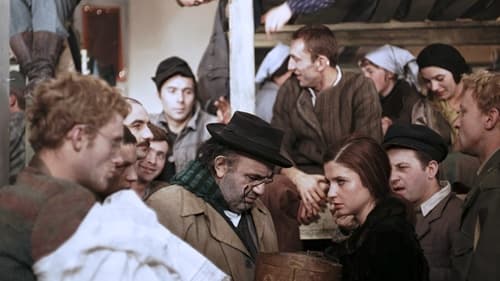
Editor
Film opens with the mad rush of haphazard freedom as the concentration camps are liberated. Men are trying to grab food, change clothes, bury their tormentors they find alive. Then they are herded into other camps as the Allies try to devise policy to control the situation. A young poet who cannot quite find himself in this new situation, meets a headstrong Jewish young girl who wants him to run off with her, to the West. He cannot cope with her growing demands for affection, while still harboring the hatred for the Germans and disdain for his fellow men who quickly revert to petty enmities.

Editor
Wlodek is a young man stuck in a dead-end job at the local library who lives with his harridan wife and critical in-laws in a small apartment. When Wlodek draws the interest of a library patron, the beautiful young woman encourages him to strive for better things in his life and professional career. Together, the two take off for a three-day affair, but surprises could await Wlodek upon his return home.
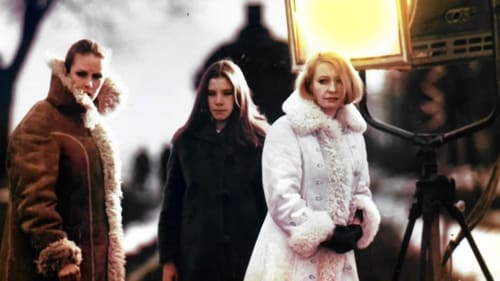
Editor
Wajda's homage to Zbigniew Cybulski, the "Polish James Dean" who starred in the director's ASHES AND DIAMONDS and died young. The movie follows the tribulations of a director attempting to make a movie with a Cybulski-like star who never shows up.
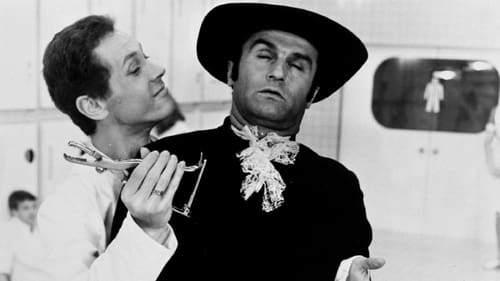
Editor
Based on the novel by Stanislaw Lem (Solaris). The main character, race car driver Ryszard Fox, is involved in many car accidents. After each car crash he gets a transplant for one or another internal organ. After a while there is a question: Who really is Ryszard Fox?

Editor
A young boy must go to school with his father.
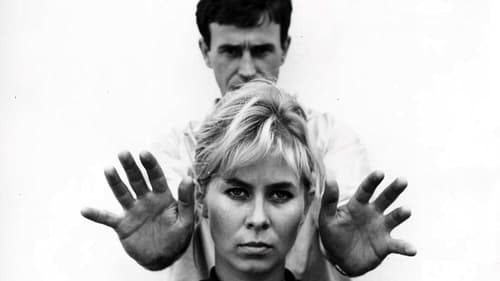
Editor
A dream-like meditation on post-industrial life in Communist Poland.

Editor
The movie "L'instant de la paix" consists of three segments: 1. "Les rideaux blancs" (France) 2. "Berlin N 65" (West Germany) 3. "Matura" (Poland)

Editor

Editor
"Waiting for Godot" on ice and snow, without words. Against a barren winter landscape, a figure approaches: it's a man, pulling a small sleigh on which another man sits, plucking a dead bird. They stop to trade places; the one now on the sleigh takes out his knitting. Accidents, misunderstandings, disagreements, and an outright fight await our absurd protagonists as their trip to nowhere continues, first with one pulling, then the other. What if they were to lose the sleigh? What rules of civilization and partnership would guide them then?

Editor
湖へ休暇に向かう途中の裕福な中年夫婦が、貧しげな青年を車に乗せた。しかし屈折した心を持つ青年はすねてばかりで…。

Editor
Zbigniew Cybulski and Sonja Ziemann play lovers struggling to find happiness and privacy in overcrowded Warsaw. The movie shows an honest picture of life in a war-damaged city, contrasting the characters' difficulties with their dreams of a better life. It was banned in Poland in 1958 and would not been seen anywhere until its European release one year later.























